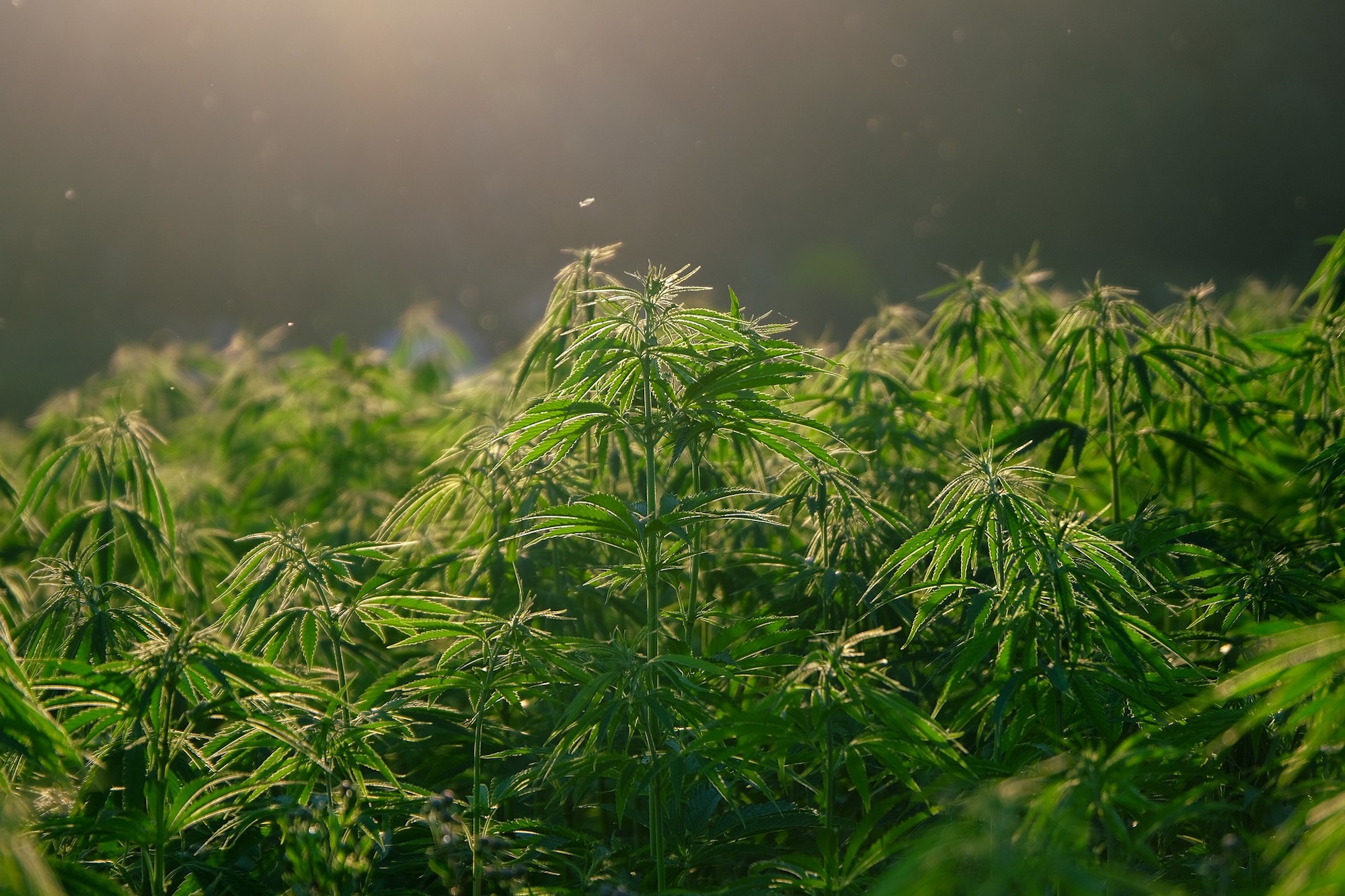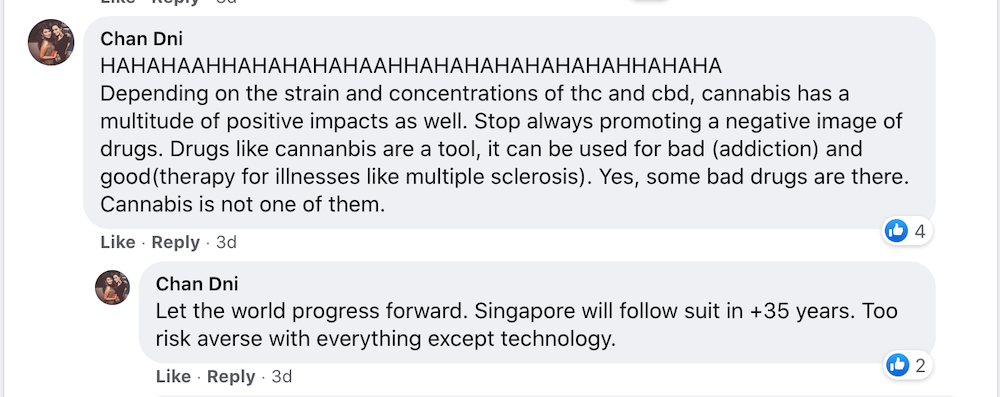Commonly known as marijuana, pot, or weed, cannabis comprises a group of three plants that contain psychoactive properties. The flowers of these three plants are picked and dried, forming one of the world’s most popular drugs!
What can cannabis be used for?
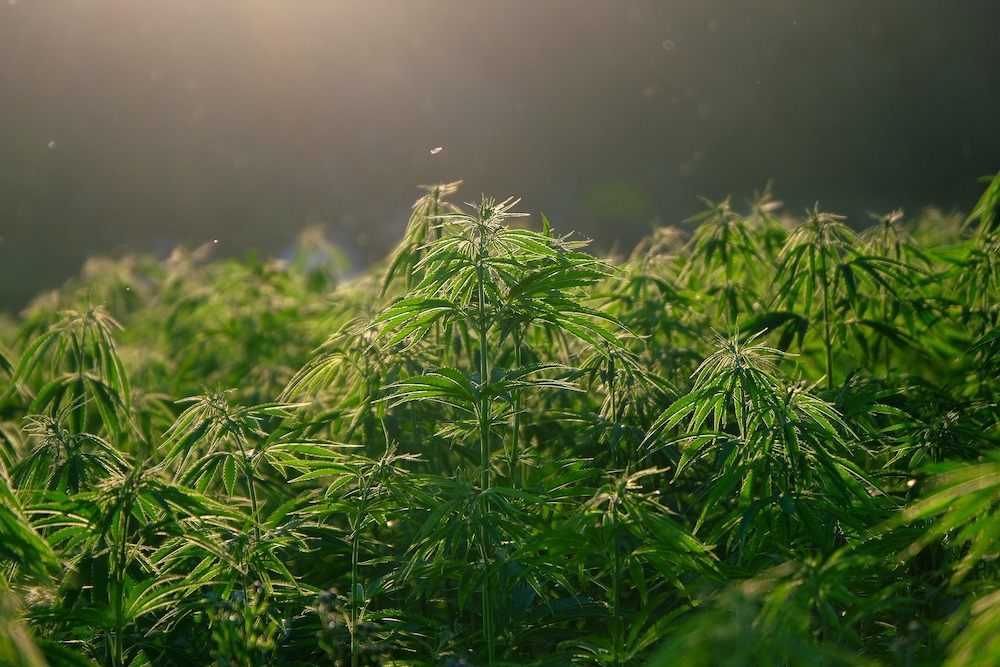
Cannabis contains more than 120 components, otherwise known as cannabinoids. One of these is the psychoactive tetrahydrocannabinol (THC), which does create a ‘high’ that most drug users seek.
Another component is cannabidiol (CBD). This doesn’t have the ability to induce intoxication or euphoria; in other words, consumption will not render you ‘high’. Instead, it can help with migraines, seizures, anxiety, and nausea. It has proven especially effective for epilepsy, in the form of Epidiolex, a prescription medication that has been approved by the Food and Drug Administration (FDA).
Cannabis products can contain either THC or CBD, or even a combination of both.
But, it is important to also note that the consumption of cannabis can cause giddiness, increased appetite, a calming effect, more intense appreciation of the sights and sounds around you, warped perception of time, and more. More seriously, it can also result in nausea, increased heart rate, decreased blood pressure, paranoia and more, which are, naturally, all causes for concern.
How is cannabis perceived?
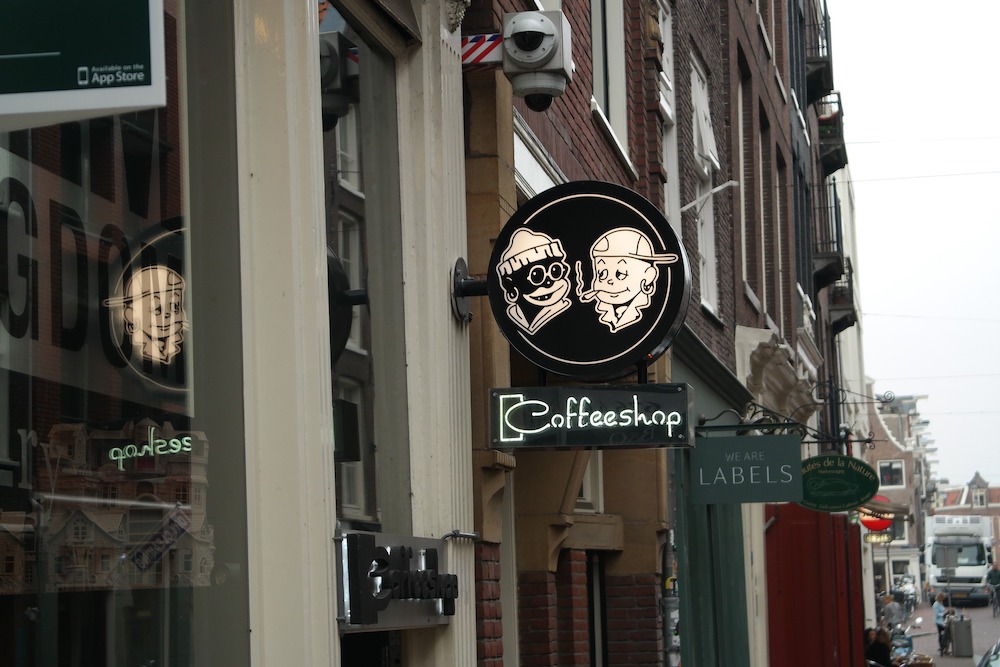
Cannabis isn’t frowned upon everywhere in the world; instead, it’s legal in a few places! For example, recreational cannabis was legalised in Canada in 2018. In Amsterdam, it’s legal to smoke weed in coffeeshops. However, it’s illegal to grow any in the country. Known for its calming effects, cannabis is also used for various medicinal conditions.
Here in Singapore, where the penalty for drug consumption is caning and imprisonment, cannabis is an illegal drug substance and widely disapproved of.
The UN announces its recent decision to loosen control on cannabis
On 2 December, the United Nations (UN) voted to remove cannabis from the most restricted group of narcotic drugs. This comes closely on the heels of the recommendation by the World Health Organization, in an attempt to boost research of cannabis for medical properties.
This recommendation was made in 2019, which posited the use of cannabis at a level which will not cause harm, as well as permit easier access – and further enhancement! – of cannabis for medical-related benefits.
It’s worth noting that the UN vote was an extremely close one – 27-25, with one abstention. This resulted in the removal of cannabis and cannabis resin from Schedule IV of the 1961 Single Convention on Narcotic Drugs, which governs drug controls on a global scale. Schedule IV contains other substances such as heroin, which can prove to be fatal.
Singapore reacts
Just one day after the announcement, the Ministry of Home Affairs (MHA) declared its disappointment with the outcome. They stated a lack of strong evidence as one of the reasons, along with the mixed signals that such a move could bring.
According to the MHA, “the acceptance of Recommendation 5.1 could send a wrong signal that the CND (Commission on Narcotic Drugs) has softened its stance against cannabis and fuel public misperception, especially among youths, that cannabis is no longer considered to be as harmful as before, despite strong evidence showing otherwise”.
MHA has emphasised that despite this recent development, Singapore will continue to maintain a strong zero-tolerance stand against drugs. MHA went on to also declare that every individual should have the right to reside in an environment that’s free of drugs.
Faishal Ibrahim, Minister of State for Home Affairs, expressed his disappointment on Facebook, positioning cannabis to be “extremely harmful and addictive”, posing an “adverse impact on one’s respiratory and cognitive functions”. His statement was met with mixed reactions, with some supporting his stance:

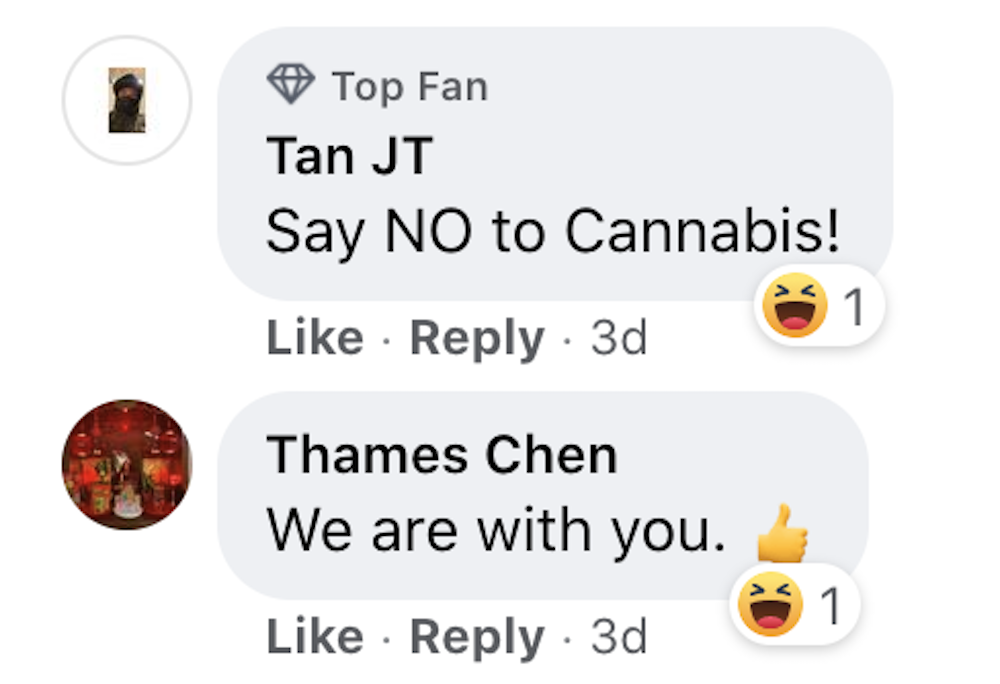
In addition, K Shanmugam, Minister for Law and Home Affairs, sees UN’s decision as one that’s driven by the “power of money”, as it will benefit many companies in terms of profits. Shanmugam acknowledged the medicinal properties of cannabis, but hopes that a proper framework can be created, with medical experts – instead of companies! – calling the shots. He also claims that no one from the UN has sufficient proof that cannabis isn’t harmful, further emphasising why Singapore is refusing to relax its stance.
With some arguing that cannabis is less harmful due to its natural origins – who knows if it’d prove to be more good than bad, or vice versa? Perhaps only time will tell. Till then, Singapore has made its stand clear!
Join the conversations on THG’s Facebook and Instagram, and get the latest updates via Telegram.
